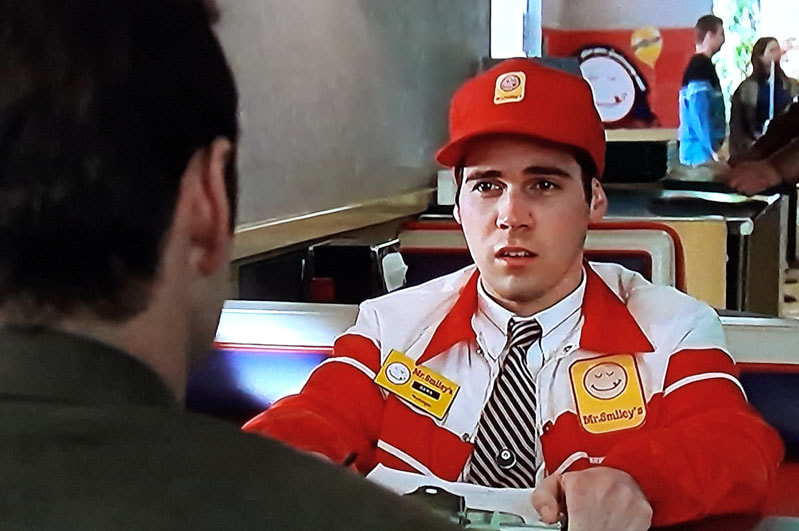You may be alarmed by this news, especially if you have been staying in work mode this summer, keeping up your career efforts. No reason to despair, though: As long as you manage to be in air-conditioned places, you stay sharp.
Then again, is that really always for the best? I don’t even mean your electric bill soaring as you keep the AC running. What I mean is: Could there be a benefit to the natural slowdown that comes with the summer—some benefit to have you emerge all the more recharged?
Perhaps it is no accident that summer is a typical time for vacations. People hit the pause button, switch channels—feed their minds something of a completely different quality.
Give your career a rest…add to that just one letter, and “rest” becomes “reset.”
That may have been the effect it had when I took in that sunrise that morning. A sunrise is a slow, deliberate event; to me it carries compatibility with the notion of things slowing down in the summer. (And there was novelty to the sunrise in this case, because I had never been to Maine before.)
So there came the dawn—literally, for one, but maybe not just literally: I had been struggling for fresh ideas in a project I was working on. Stepping away from it all may have helped me get unstuck: It allowed the dust to settle, and as I approached the project again with a fresh set of eyes, I saw not only the trees but also the forest.
If you are in a place where your professional world won’t come crashing down if you take a week (or just a day, whatever) to give it a res[e]t, then my question for you is: Got any plans for the rest of the summer?
The “Nubble” Lighthouse sunrise seems to have done it for me. Actually, it was not just me—there were at least five more photographers there that morning!


